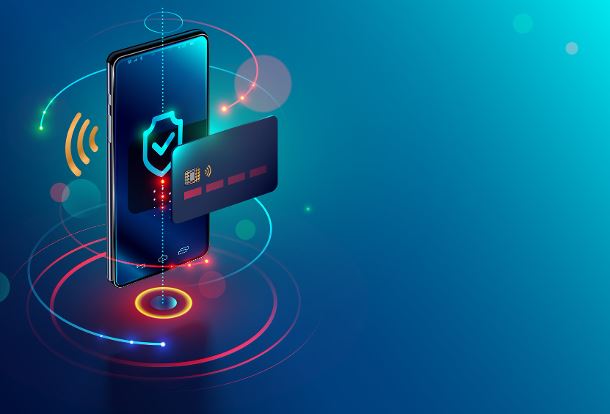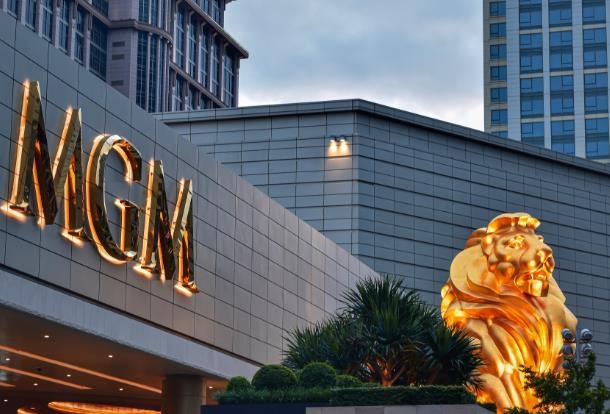Beacons have been part of the travel tech discussions for a number of years, usually in an airport context, with some hospitality applications thrown in. This year they have become more prevalent and 2016, suggests Mintel, could be the year when they become mainstream.
It identifies Google’s launch this summer of an open-source beacon technology – Eddystone – as not only a competitor to Apple’s iBeacon but also a way to open up beacon use to a wider audience.
Mintel also notes that Eddystone will work with other Google properties, such as Google Now, potentially providing a connection across all of a user’s Google accounts.
Specific travel uses are mentioned, from the queue-management applications at museums and theme parks to Cathay Pacific’s use of beacons in airports to let passengers know in advance what is on the in-flight menu.
However, it does warn businesses considering the use of beacons to beware of privacy concerns. The trick is to make sure that the customer feels they are in control of the data sharing and that there is a tangible and immediate benefit to them for having shared the data.
Virtual reality headsets were once seen as a threat to the concept of travel itself. But now they are seen as an important part of a travel firm’s marketing arsenal. Old-school vertically integrated tour operators such as Thomas Cook use VR machines in their high street shops to give clients an idea of a resort.
Airlines such as Qantas have also experimented with using VR machines as part of its in-flight entertainment offer.
Another trend identified by Mintel puts so-called sharing economy businesses such as Uber and Airbnb into a wider socio-economic context. The study says that for millennials in particular “space and time are at a premium, becoming new currencies in their own right and creating new marketplaces as we wait less, own less and rent and share more.”
This trend plays into the hands of Uber which has said in the past that it can take cars off the road by using its platform to facilitate car-sharing as well as ride-sharing. Similarly, Airbnb and its peers can feed into this caring and sharing zeitgeist, giving those millennials lucky enough to own their own home access to a world of potential flatmates.
As with most generic consumer trend reports, the direct connection to travel can be tenuous. Mintel’s study is no exception, but how often in the past has the tenuous become relevant?
Read original article




